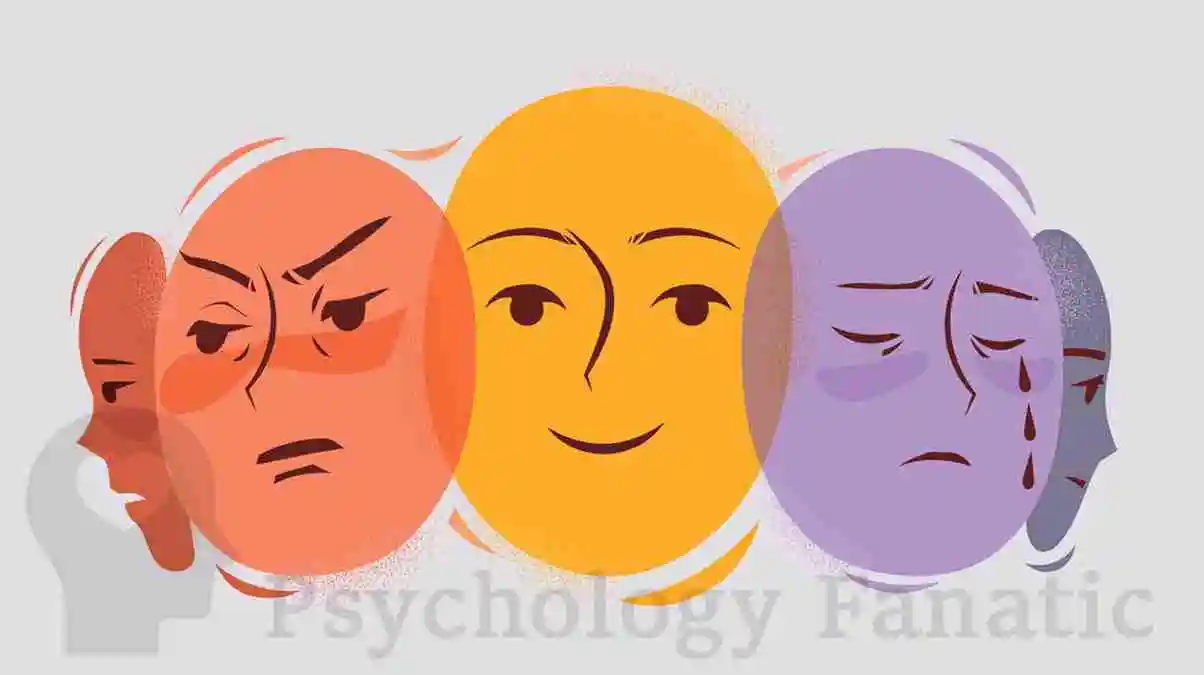Emotional valence is the value associated with a stimulus, typically measured on a continuum from pleasant (positive) to unpleasant (negative) or from attractive to aversive. We describe the attractiveness of specific emotions with valence. For example, emotions often referred to as “negative”, such as anger and fear, have “negative valence.” Joy, on the other hand, has “positive valence.” Positive events, objects, or situations rouse positive valence emotions.
Key Definition:
Emotional valence is the positive or negative balance of a feeling affect. When an emotion produces negative affect, we refer to the emotion as having a “negative valance.”
We also describe the the hedonic tone of certain behaviors with valence ; such as, approach and avoidance, goal attainment or nonattainment, and conformity with or violation of norms. Daniel Goleman, in his best selling book Emotional Intelligence, wrote, “in memory, the amygdala and hippocampus work hand-in-hand; each stores and retrieves its special information independently. While the hippocampus retrieves information, the amygdala determines if that information has any emotional valence” (2007, location 678).
Valence and Arousal
We measure emotions by two values. One of these is valance. Firstly, by the positive or negative tone of the feeling. Secondly, by the other is level of arousal. Accordingly, valence and arousal form all emotions.
We understand people’s emotions through an evaluation of their valence (positive or negative) reactions to events. Lisa Feldman Barrett PhD explains that “your affect is always some combination of valence and arousal” (2018). While biology predetermines much of the valence, our interpretations of the events and corresponding feelings enhance or abate arousal, or, even, transform the valence of a feeling affect all together.
References:
Barrett, Lisa Feldman (2018). How Emotions Are Made: The Secret Life of the Brain. Mariner Books; Illustrated edition.
Goleman, Daniel (2005). Emotional Intelligence: Why It Can Matter More Than IQ. Random House Publishing Group; 10th Anniversary edition.
Resources and Articles
Please visit Psychology Fanatic’s vast selection of articles, definitions and database of referenced books.
Topic Specific Databases:
PSYCHOLOGY – EMOTIONS – RELATIONSHIPS – WELLNESS – PSYCHOLOGY TOPICS






